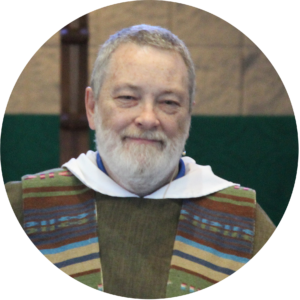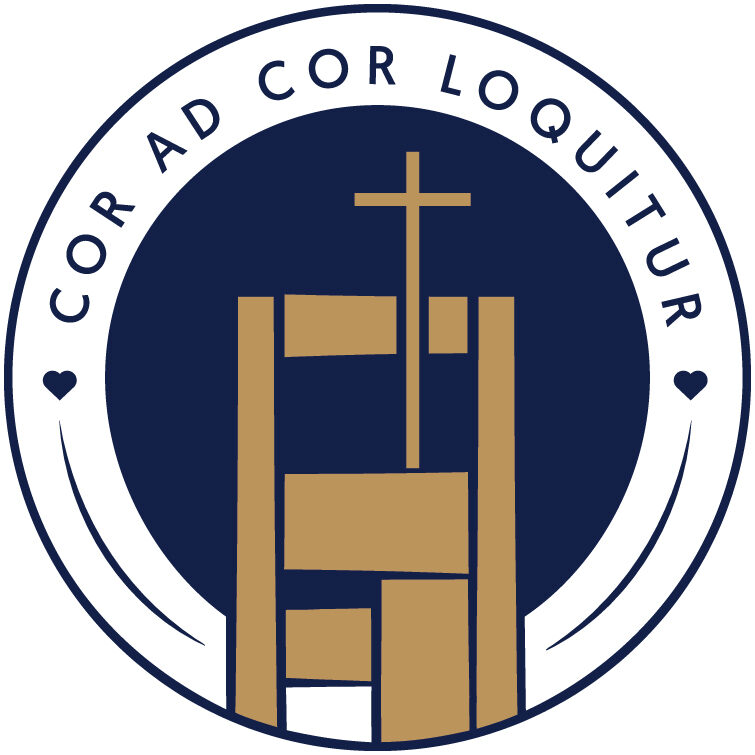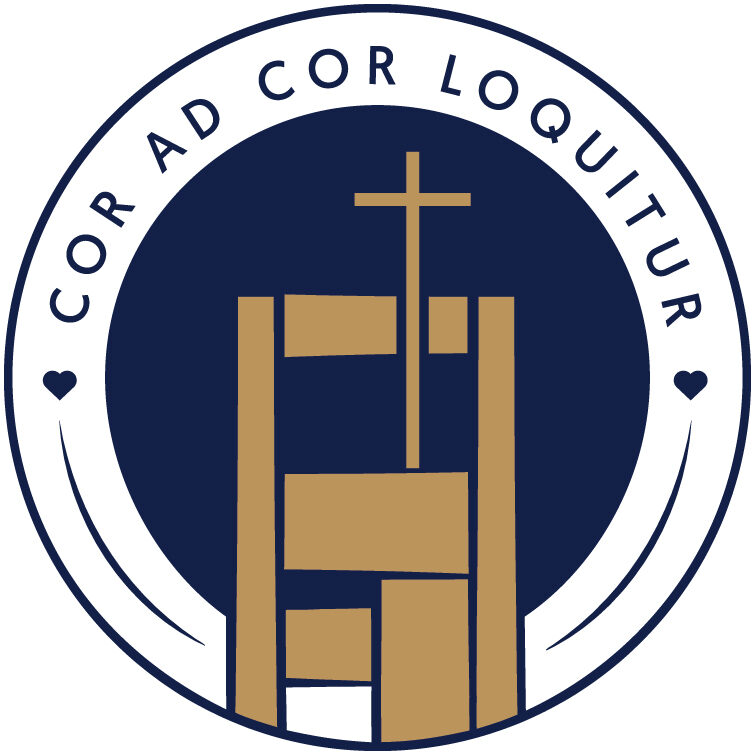 By Fr. Rich, O.P.
By Fr. Rich, O.P.
Traditional version of the Nicene Creed:
I believe in one God, the Father Almighty, Maker of heaven and earth, and of all things visible and invisible.
And in one Lord Jesus Christ, the only-begotten Son of God, begotten of the Father before all worlds; God of God, Light of Light, very God of very God; begotten, not made, being of one substance with the Father, by whom all things were made.
Who, for us men for our salvation, came down from heaven, and was incarnate by the Holy Spirit of the virgin Mary, and was made man; and was crucified also for us under Pontius Pilate; He suffered and was buried; and the third day He rose again, according to the Scriptures; and ascended into heaven, and sits on the right hand of the Father; and He shall come again, with glory, to judge the quick and the dead; whose kingdom shall have no end.
And I believe in the Holy Ghost, the Lord and Giver of Life; who proceeds from the Father [and the Son]; who with the Father and the Son together is worshipped and glorified; who spoke by the prophets.
And I believe one holy catholic and apostolic Church. I acknowledge one baptism for the remission of sins; and I look for the resurrection of the dead, and the life of the world to come. Amen.
Traditional Version of the Apostles’ Creed:
I believe in God, the Father Almighty, maker of heaven and earth;
And in Jesus Christ his only Son, our Lord;
who was conceived by the Holy Spirit,
born of the Virgin Mary,
suffered under Pontius Pilate,
was crucified, dead, and buried;*
the third day he rose from the dead;
he ascended into heaven,
and sitteth at the right hand of God the Father Almighty;
from thence he shall come to judge the quick and the dead.
I believe in the Holy Spirit,
the holy catholic** church,
the communion of saints,
the forgiveness of sins,
the resurrection of the body,
and the life everlasting. Amen.
The idea of a triune God is organic. For us, it is grounded in the experiences and words of the Jewish Testament and refined in the words and experiences of the evangelists and writers of the Epistles. Even though our own experience is rooted in these foundations, the Triune God remains a central mystery of our Catholic faith.
The two creeds that we have available to us underwent several iterations before they developed into their current form. Both center on the trinitarian nature of the Godhead. Even they continue to be examined and discussed as scholars and theologians try to discover more fully the mystery they contain. As is frequently the case, we are prone to collapsing complex issues into simple mantras. Here is an example that I’ve run across in my travels: “God Creator, redeemer, source of all wisdom.”
This triune expression, even as it simplifies, does nothing to dispel the mystery that is the Triune God of our faith. I would offer that it is not supposed to resolve the questions and wonderments that surround our God.
Theological mysteries are supposed to draw us in, to challenge us to delve more deeply in a personal, relational search for how we see, understand, and love this Godhead. Although the study of theological texts is important to our search, it is more complicated than studying. We are drawn into the mystery by our own desire to deepen and strengthen the intimacy with which we love God — Father, Son, and Holy Spirit. It is about how we experience this God in our lives and how we experience God’s power, love, and creative drive. It is about how we manifest that presence in our relationships with those around us, in our relationship with our world.
In the literary world, mystery writers usually can bring their stories to successful conclusions. The murderer is brought to justice, the treasure is found, answers sought after are resolved. Not so for us and the mystery of the Triune God. Even if we reduce it to “God Creator, Redeemer, Source of all wisdom,” we are no closer to an understanding of the nature and truth of the Trinity. I’m okay with that, as I seek a deeper, more intimate relationship with that same God. Join me.

